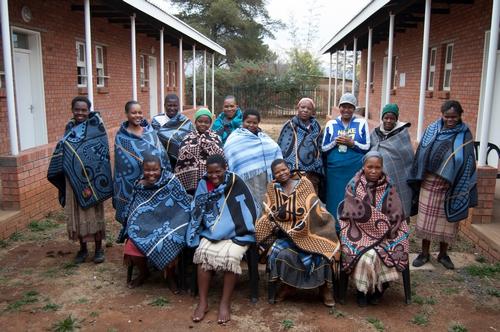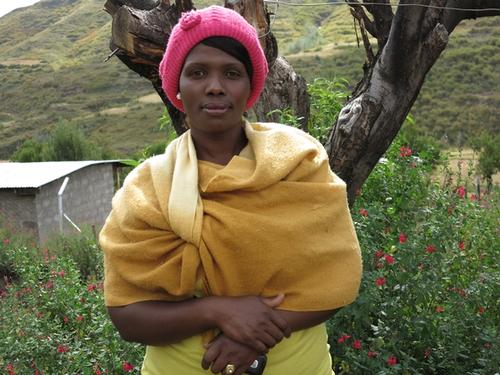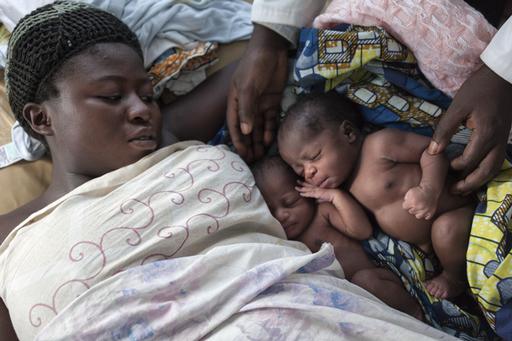Johannesburg/Maseru – The introduction of free deliveries at a hospital in Lesotho, the country with one of the highest maternal mortality rate in the world, drastically reduced maternal deaths during labour and delivery, making the intervention a cheap and highly effective public health measure, Médecins Sans Frontières (MSF) said on Tuesday.
The number of women giving birth in the Roma hospital increased by 45 per cent within a year after MSF offered to cover all their expenses. This shows that fees are a huge barrier in preventing women from seeking medical help for delivery in a country where up to 40 per cent of women give birth at home without the help of a skilled attendant.
“Giving life shouldn’t cost a life. But in Lesotho, delivering a baby has either a financial cost for the mother, or a dramatically high human cost for the society. Free maternal health care at both health centre and hospital level is a simple and relatively cheap measure with a huge return on investment in terms of public health”, says Dr Amir Shroufi, MSF deputy medical coordinator for South Africa and Lesotho.
According to the World Bank Lesotho has one of the highest maternal mortality rate in the world with estimates ranging anywhere from 600 to 1,200 deaths per 100,000 live births. Maternal death in Lesotho is frequently due to complications around delivery that can be handled at hospital level: 34% due to sepsis, 20% due to post-abortion complication, 14% due to obstructed or prolonged labour and 12% due to eclampsia.
Hospital fees for delivery cost as little as $10 per birth for each woman, but this fee can represent up to a month’s salary for rural people in Lesotho. The introduction of free maternal care in the country would only amount to a tiny fraction (less than 1 per cent) of health spend per capita according to MSF calculations.
“This strategy shows that removing out of pocket fees for hospital delivery has a very high return on investment. We call on the government of Lesotho to make delivery free also at hospital level for mothers-to-be across the country, and in doing so help ensure that fewer women and infants die around the time of pregnancy”, says Jesper Hildebrandt Brix, MSF’s project coordinator in Lesotho.
MSF has been working in Lesotho since 2006, providing support to the ministry of health on HIV, TB and maternal health. It is closing its Roma project and at the present moment leaving the country by the end of 2015.






